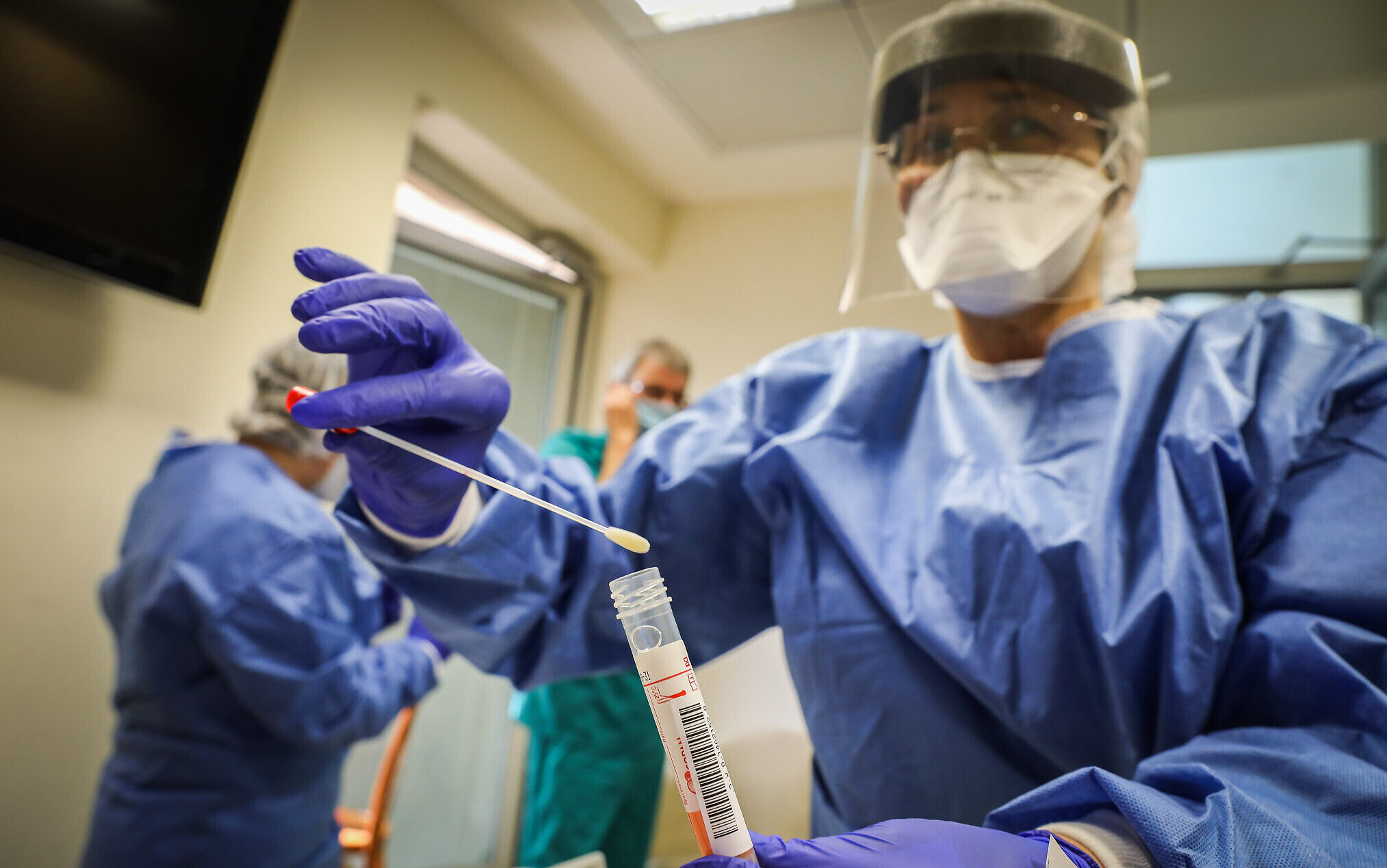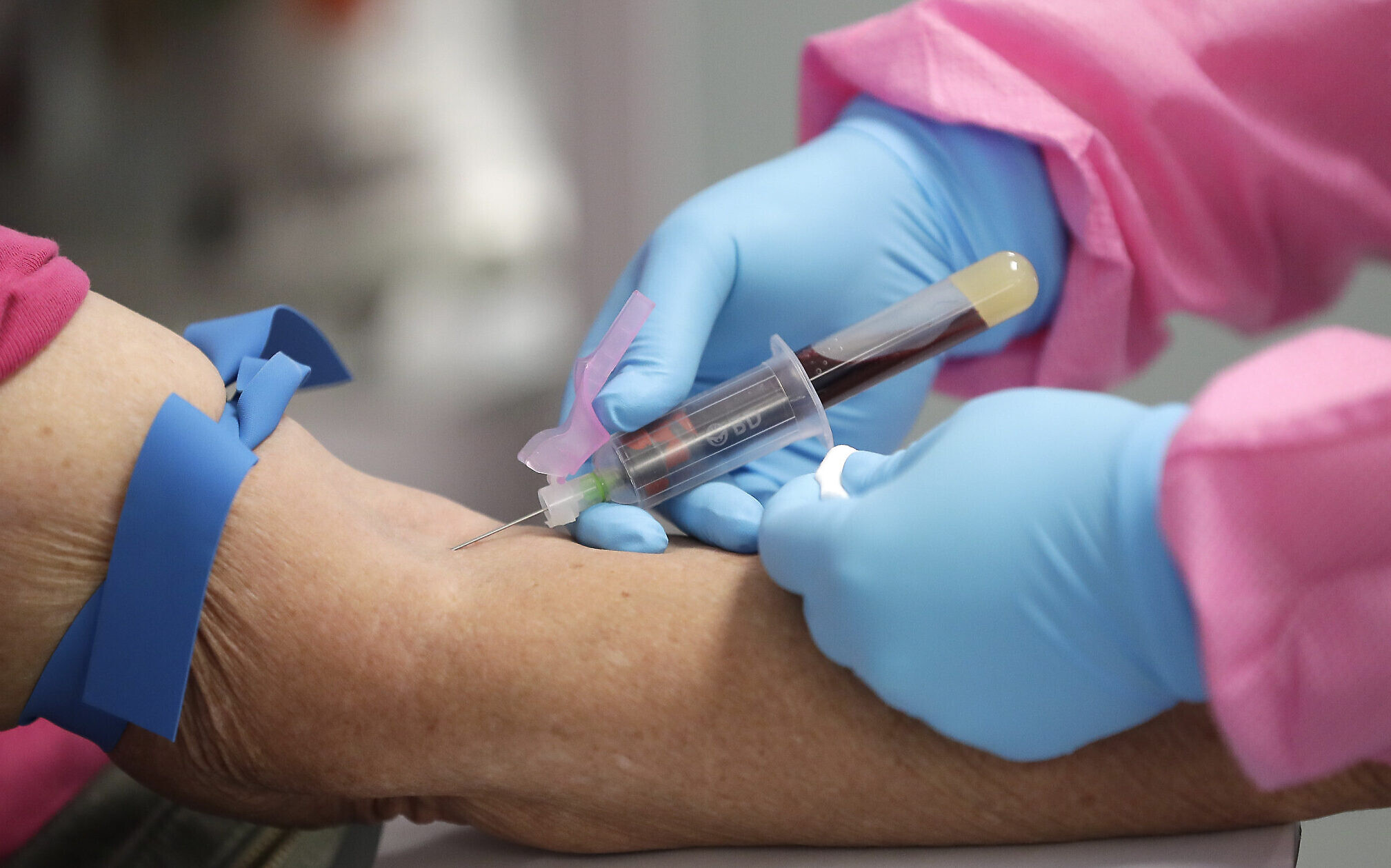

You may need to register online or by phone, or you might need a doctor's order first. Some hospitals and agencies have set up centers where you can get a COVID-19 test without getting out of your car. This is important in researchers' efforts to learn how widespread COVID-19 is. But a blood test shows whether you've ever been infected with the virus, even if you didn't have symptoms. IgG, which your body makes more slowly (within about 4 weeks) but which usually last longerĪ swab or spit test can tell only if you have the virus in your body at that moment.

IgM, which your body makes for about 2 weeks before the levels drop.Your body makes them when you've had an infection. These COVID-19 tests spot two types of antibodies: for free, even if you don't have insurance. Check online at the CDC. If you have a cough with mucus, called a “wet” or “productive” cough, your doctor might want to test some of what you can cough up.ĬOVID testing is available to everyone in the U.S. The front of your nostrils (anterior nares).The middle of your nostrils (nasal mid-turbinate).The swab is then sent to a lab to test the material from inside your nose. It won't hurt, but it might be uncomfortable. A special 6-inch cotton swab is inserted up each of your nostrils and moved around for about 15 seconds. The CDC recommends a COVID-19 test called a nasopharyngeal swab for coronavirus. If you know or suspect you have been exposed to someone who has tested positive for COVID-19, you should get tested. Those who don't have symptoms but who are deemed a priority by local health departments or doctors.There is also an option for people who have documents to show they've recovered from COVID in the last 90 days. must show a negative COVID test result taken no more than 1 day before travel. Everyone 2 years and older returning to the U.S. The CDC recommends you delay travel until you're fully vaccinated. If you're not fully vaccinated and must travel abroad, get a viral test 1-3 days before your trip. All people traveling internationally must follow their destination's testing requirements before travel.Get a viral test 1-3 days before your trip, and 3-5 days after you return, too. People who aren't fully vaccinated and must travel domestically.People who've had close contact with someone who is known or suspected to have COVID (test at least 5 days after the contact).The CDC has offered the following recommendations for who should consider being tested: Antibody testing can show if you have had it already. If you don't feel well, you may wonder if you have COVID-19.


 0 kommentar(er)
0 kommentar(er)
